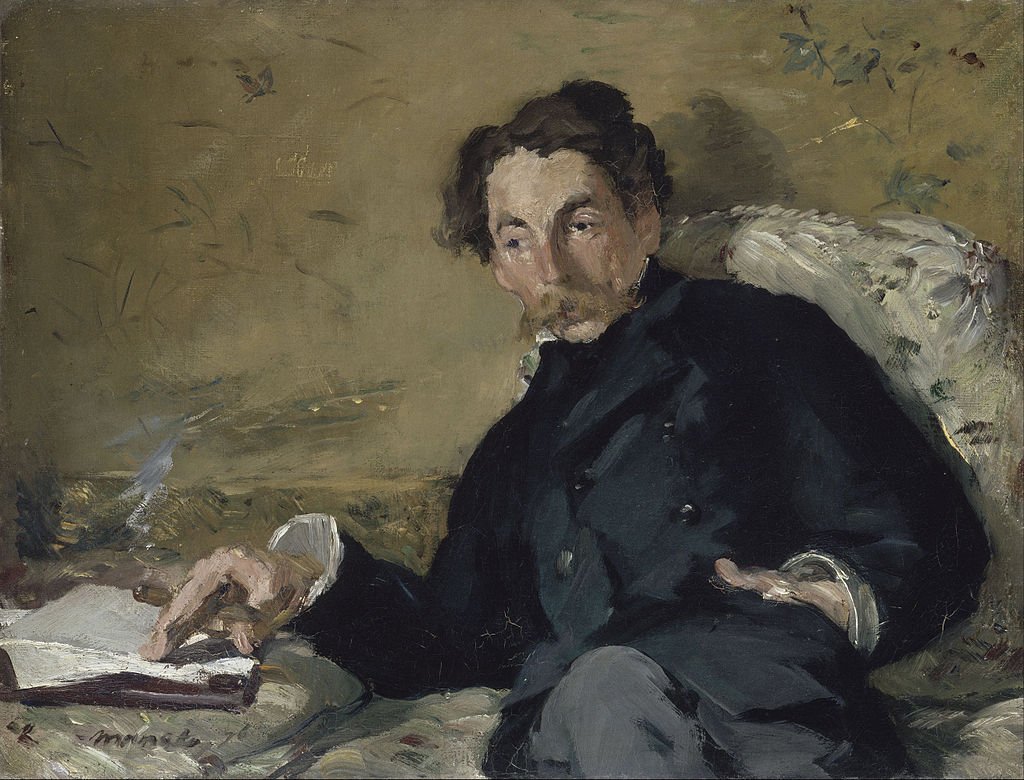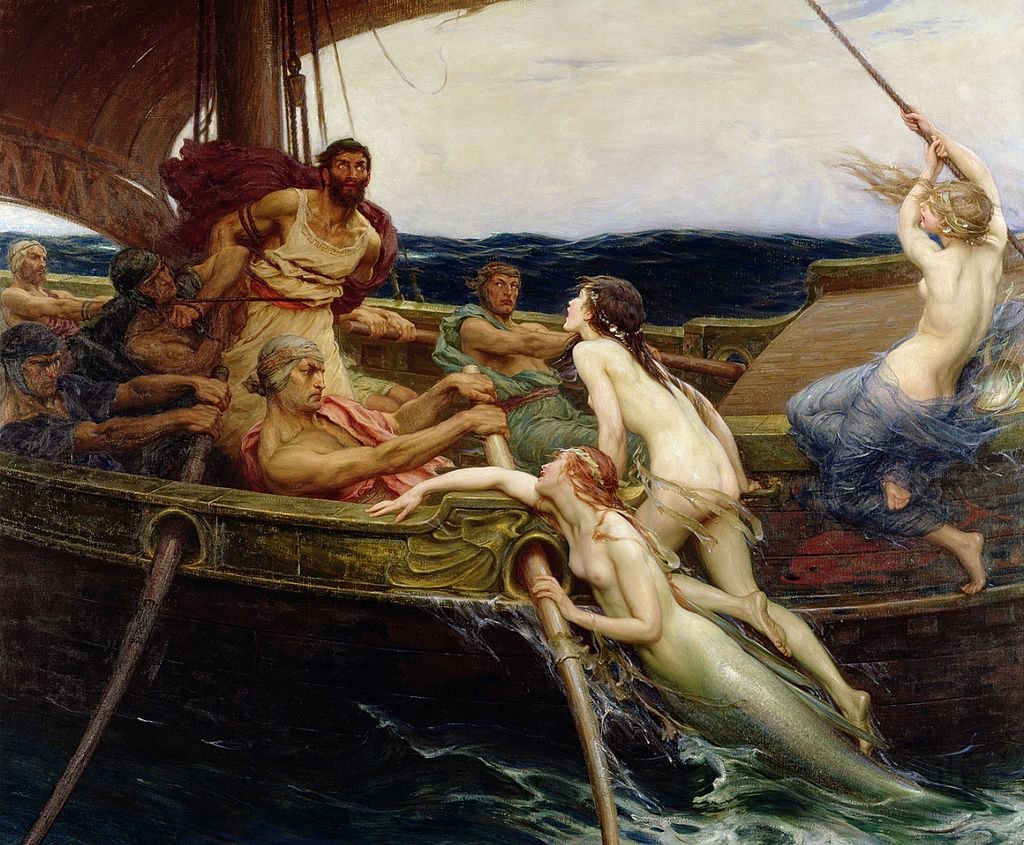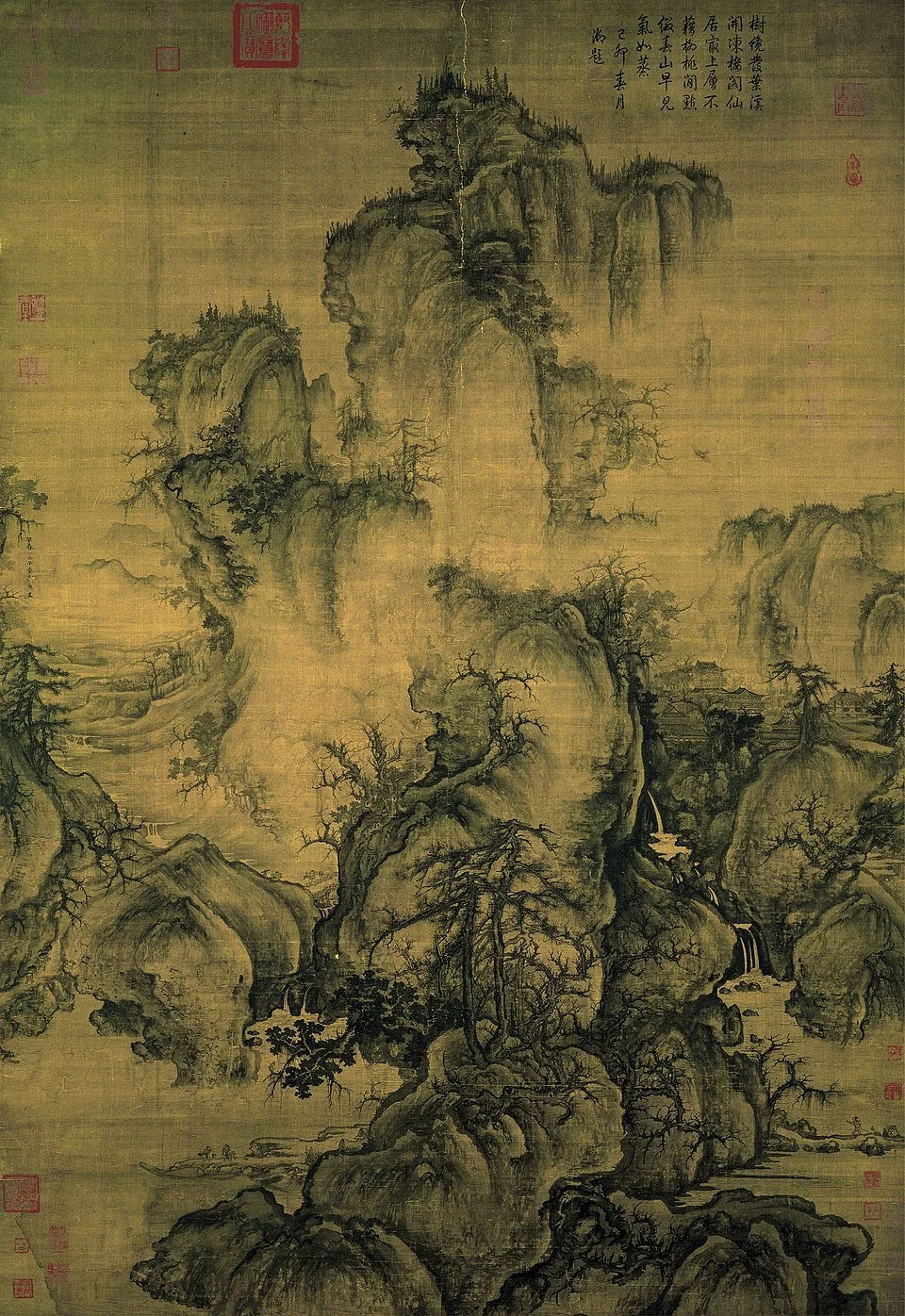5 of the best philosophy-related books
Philosophers think about the most important questions in life–everything from how to face death gracefully and good versus evil to how we should spend our time and the value of love.
The goal of philosophy is to live better. To me, that means not just striving to live a more virtuous life, but also an easier one—to have frameworks to enjoy it more and handle the inevitable woes. The Stoic philosopher Seneca often described philosophy as a “cure” to life’s many ills.
Over the past several years, I’ve found some great books on philosophy, both fiction and non-fiction. In fact, I enjoy the fictional ones all the more because what better way to learn about an idea than to see it lived out in the characters and plots of novels? Aristotle even believed fiction holds philosophical importance because it represents things as they could and should be.
Here’s a roundup of my five favorite philosophy-related books (noting I’m using the term broadly to encompass philosophy, spirituality, and frameworks for meaning).
1. Breakfast with Seneca by David Fideler (Stoicism)
I felt that at least one book on this list needed to cover Stoicism, which offers practical wisdom for handling uncertainty, adversity, and daily stressors. Of all the Stoics, I’ve found Seneca’s teachings most accessible.
Breakfast with Seneca is a practical introduction to Stoicism through the lens of Seneca’s writings (along with a few other Stoic heavyweights like Marcus Aurelius and Epictetus), with applications on how to live well today.
“Say to yourself each morning: Today I will meet with people who are meddling, ungrateful, overbearing, deceitful, envious, and unsocial. They suffer from these flaws through ignorance of good and bad.” — Marcus Aurelius
What I like about Fideler’s book is that he organizes Seneca’s work by topic, so you can use it as a reference guide or encyclopedia for whatever you’re dealing with. There are chapters on anger, friendship, death, love, and more.
This book is easy to understand and digest—definitely accessible for modern readers.
Some of Fideler’s personal reflections and applications felt a bit trite or disingenuous at times, but they weren’t unbearable. He also didn’t include sources for his quotes, which made it difficult to track—especially since his translation doesn’t match standard editions.
Similar Recommendations: Let me know if you have any good Stoicism suggestions! Ryan Holiday’s The Daily Stoic is one of the few books I enjoy listening to (rather than reading), especially when I need a reminder to accept what’s outside of my control.
2. Man’s Search for Meaning by Viktor Frankl (Nietzsche and Logotherapy)
Man’s Search for Meaning is a short but extremely impactful memoir. Be warned that it’s not for the faint of heart. Frankl (1905–1997) was an Austrian neurologist and psychiatrist who survived years of immense suffering in Auschwitz and several other concentration camps—which he describes in the book.
However, his response to that suffering—and the work it inspired—offered an uplifting and resilient outlook. During his time in concentration camps, Frankl developed his life’s work, a new branch of psychotherapy called Logotherapy.
Logotherapy is based on the idea that the primary human drive is not pleasure or power, but meaning. He observed that those who were able to find meaning—even in suffering—were more likely to survive, psychologically and physically.
“Life is not primarily a quest for pleasure, as Freud believed, or a quest for power, as Alfred Adler taught, but a quest for meaning.” — Viktor Frankl, Man’s Search for Meaning
This idea was also inspired by Nietzsche, who said, “He who has a Why to live for can bear almost any How.” Frankl asserts that we derive meaning in life from three sources:
Work
Experiencing a higher value (like the essence of love or truth)
Showing strength during adversity
The last pillar was crucial to Frankl, since it was the only thing within his control during the Holocaust. It also echoes a Stoic-like idea: that while we can’t control what happens to us, we can control how we respond. Frankl was also able to experience the second pillar—his love for his wife, and the chance that she might be alive, helped carry him through.
Similar Recommendations: The following books are all about living a meaningful life: When Breath Becomes Air by Paul Kalanithi, Let Your Life Speak by Parker J. Palmer, and The Last Lecture by Randy Pauschl.
***
For a brief interlude…check out these articles for more insights + subscribe to my newsletter:
3. The Unbearable Lightness of Being by Milan Kundera (Nietzsche)
This is a beautifully written novel about four individuals navigating love, fidelity, freedom, and meaning in Soviet-occupied Prague. The novel is centered around Friedriech Nietzsche’s (influential 19th century German philosopher) most important idea: the doctrine of eternal return.
Eternal return is the idea that, if time is infinite, every single possible combination of events (including our lives) must recur over and over again in the same way forever. Therefore, every action we take has the utmost significance because it ties us to live out that fate forever.
“If every second of our lives recurs an infinite number of times, we are nailed to eternity as Jesus Christ was nailed to the cross. It is a terrifying prospect. In the world of eternal return the weight of unbearable responsibility lies heavy on every move we make. That is why Nietzsche called the idea of eternal return the heaviest of burdens.” – Milan Kundera from The Unbearable Lightness of Being
The Unbearable Lightness of Being is brilliant because it plays out Nietzsche’s idea—and its two diametrically opposed implications. In a world of eternal return, life holds the greatest, heaviest weight. But if it doesn’t exist, as Kundera’s characters explore, is life utterly light and meaningless?
P.S. The Unbearable Lightness of Being is my favorite book (tied with Atlas Shrugged). Check out my blog on eternal return to learn more.
Similar Recommendations: Fortunately, Kundera wrote a number of other great novels, so there’s plenty of material once you’re finished with The Unbearable Lightness of Being. I recommend Immortality next, as it’s more philosophy-heavy than some of his other novels, and Hermann Hesse’s novels (see recommendation 3 below).
4. Atlas Shrugged by Ayn Rand (Objectivism)
This was the first—and perhaps only—book that radically altered my perception of life and society (in a good way). The story follows Dagny Taggart—a brilliant and determined railroad tycoon—who struggles to keep her company alive as society collapses under the weight of state control and moral decay.
It plays out a scenario that has repeated itself throughout history: people using the media and virtue signaling to brainwash society into collectivism and communism.
Rand (1905–1982) grew up in the USSR before moving to the U.S., so her ideas are deeply rooted in her experience—the outcome of which was her intensely pro-individualist, pro-capitalist outlook.
Rand created a new branch of philosophy called Objectivism after publishing Atlas Shrugged (and all of her novels contain its ideas). It advocates for reason, individualism, and laissez-faire capitalism. She sums its essence up in a note at the end of Atlas Shrugged:
“My philosophy, in essence, is the concept of man as a heroic being, with his own happiness as the moral purpose of his life, with productive achievement as his noblest activity, and reason as his only absolute.”
Atlas Shrugged is a radical declaration of the potential of man, which is inspiring.
Similar Recommendations: Atlas Shrugged is a behemoth at almost 1,200 pages, but it’s a page-turner and well worth the read. Rand wrote four novels in total (the others are The Fountainhead, We the Living, and Anthem—and I’d read them in that order after Atlas Shrugged). For similar authors, I recommend Victor Hugo (who was Rand’s favorite author): think Les Miserables.
***
For a brief interlude…check out these articles for more insights + subscribe to my newsletter:
5. Siddhartha by Hermann Hesse (Buddhism)
In my opinion, Siddhartha contains the most beautiful passage ever written. It’s an endearing story about a man's search for enlightenment and self-discovery during the time of the Buddha. And yes, while I’m recommending philosophy-related books, I included Siddhartha because Buddhism offers many useful frameworks for understanding suffering, desire, time, and death.
A core idea from Siddhartha is that a life of experience and mistakes is much better than a life of theoretical virtue; knowledge and true understanding are attained through trial and experience.
"Nobody finds salvation through teachings [...] now I know it not only with my intellect, but with my eyes, with my heart, with my stomach." — Hermann Hesse, from Siddhartha
Hesse suggests that wisdom doesn’t come from doctrines, but from direct experiences of the world’s beauty, pain, and contradictions. The path to enlightenment isn’t a thought experiment achieved through total restraint; it’s experiencing everything – to see that all in the world is interconnected.
"I had to experience despair, I had to sink to the greatest mental depths, to thoughts of suicide, in order to experience grace, to hear Om again, to sleep deeply again and to awaken refreshed again." — Hermann Hesse, from Siddhartha
Similar Recommendations: Check out The Four Agreements by Don Miguel Ruiz, which is also based in spirituality and outlines four principles for reducing suffering and living more consciously. If you’re looking for more of Hesse’s works, check out Steppenwolf (which is definitely a bit of a weird book, but also kind of comforting in a way).
Are there any other philosophy-related books you think should make this list? Share your thoughts in the comments below!















